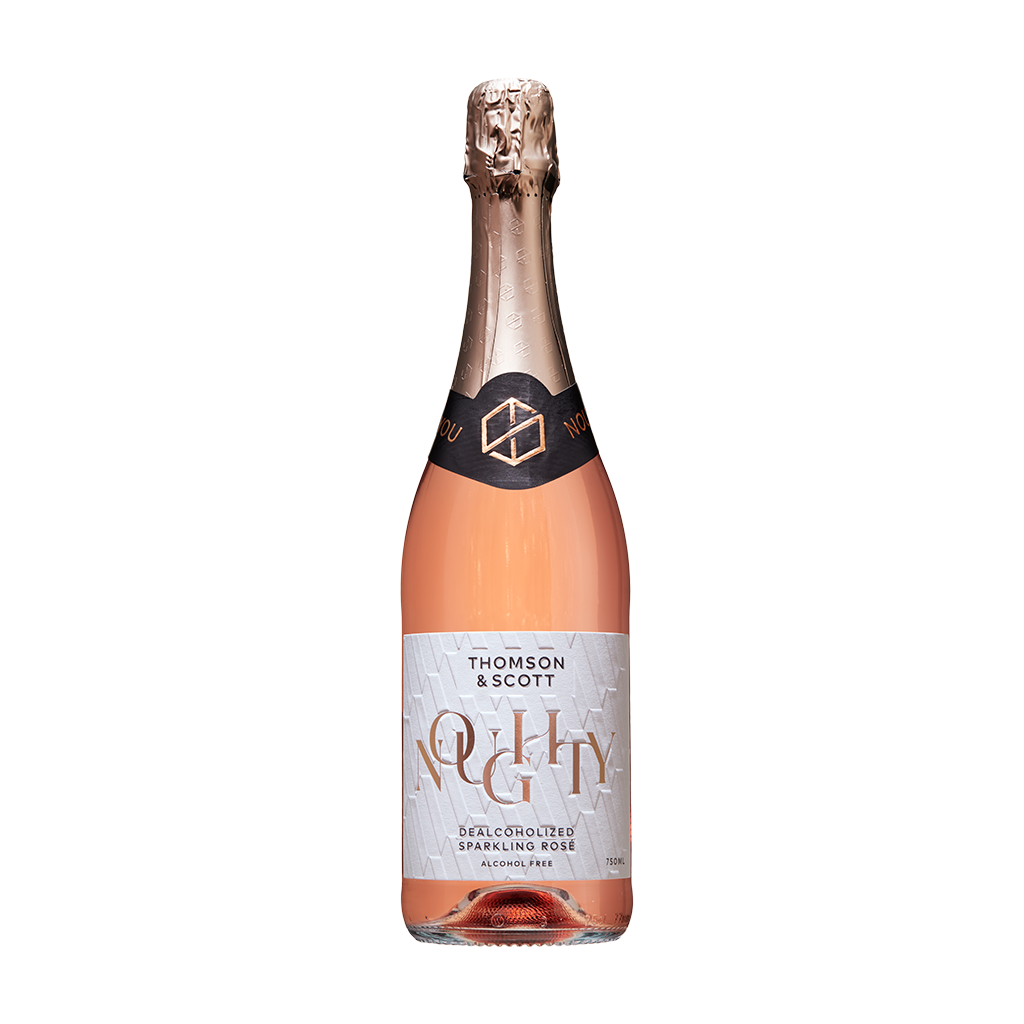Dry January – An alcohol-free January with great benefits

Title
What is Dry January?
Why January?
Title
7 good reasons for a Dry January
Title
What do studies and science say?
Typical challenges – and how to overcome them
| Herausforderung | Wie du sie meisterst |
|---|---|
| Soziale Verlockungen | Sag frühzeitig Bescheid, dass du nicht trinkst. Übe, freundlich aber klar Nein zu sagen – z. B. mit einem einfachen „Für mich bitte nur ein Wasser heute“. Echte Freunde respektieren das. |
| Gewohnheiten & Trigger | Erkenne typische Situationen (z. B. Wein beim Kochen) und ersetze sie bewusst – z. B. durch Tee, Mocktails oder einen Abendspaziergang. Neue Rituale helfen, alte zu lösen. |
| Emotionale Herausforderungen | Setze auf bewusste Entspannung – Sport, Lesen, Meditation, Baden. Ungewohnte Gefühle sind normal und vergehen mit der Zeit. Du findest neue Wege, dich gut zu fühlen – ganz ohne Alkohol. |
| Physische Entzugserscheinungen | Kopfschmerzen, Schlafprobleme oder Reizbarkeit können vorübergehend auftreten. Viel Wasser, Bewegung und Schlaf helfen. Bei starken Beschwerden: ärztlich abklären lassen. |
| Motivationsloch um Woche 2–3 | Halte deine Fortschritte fest (z. B. in einem Mini-Tagebuch). Belohne dich bewusst für jede Woche. Denk daran, wie weit du schon gekommen bist – und was sich bereits verbessert hat. |
Non-alcoholic alternatives: What to drink in Dry January?
| Kategorie | Beschreibung |
|---|---|
| Alkoholfreie Biere | Vom Pils bis zum Weißbier – fast jede Brauerei bietet 0,0 % Varianten an. Geschmacklich stark verbessert, ideal für den Feierabend oder gesellige Runden, wenn man etwas „Bieriges“ in der Hand haben will. |
| Alkoholfreier Wein & Sekt | Ob Rot, Weiß oder Rosé – entalkoholisierte Weine und prickelnde Champagner-Alternativen wie French Bloom oder Thomson & Scott Noughty zeigen: Premium-Genuss geht auch ohne Alkohol. Perfekt zum Anstoßen bei besonderen Anlässen. |
| Alkoholfreie Spirituosen | Gin, Rum & Co. in „virgin“-Versionen – mit 0 % Alkohol, aber vollem Aroma. ISH Spirits bietet elegante Alternativen für klassische Cocktails wie Negroni, Mojito oder G&T – ganz ohne Promille. |
| Mocktails & Ready-to-Drink Cocktails | Ob Virgin Mojito, No-Groni oder Kombucha – alkoholfreie Drinks sind heute kreativer denn je. Besonders praktisch: ISH Ready-To-Drink Cocktails – perfekt gemixt, sofort servierfertig. Viele Bars bieten zudem Mocktail-Karten – einfach mal danach fragen. |
Title
FAQ - Frequently asked questions about Dry January
Title
Conclusion: A month that can change your life
Title
Title


